Problem 2. (30 points) Use the Homework Solution Format for this problem. The pressure in a natural gas pipeline (Methane) is measured by the manometer shown with one of the legs open to the atmosphere where the local atmospheric pressure is 14.2 psia. Determine the absolute pressure in the pipeline when pressure changes in the gases is neglected.
SOLVED: The pressure in a natural gas pipeline is measured by the manometer shown below. Assume that the local atmospheric pressure is 14.3 psia and the density of water is 62.4 lbm/ft³.
1 / 4. Find step-by-step Engineering solutions and your answer to the following textbook question: The pressure in a natural gas pipeline is measured by the manometer shown in the figure with one of the arms open to the atmosphere where the local atmospheric pressure is $14.2$ psia. Find the absolute pressure in the pipeline..
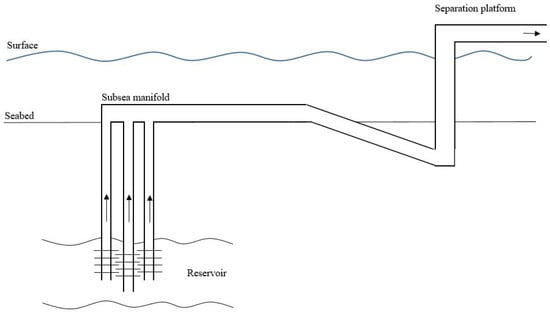
Source Image: mdpi.com
Download Image
How Natural Gas Pipelines Work Natural gas is moved through pipelines as a result of a series of compressors creating pressure differen – tials – the gas flows from an area of high pressure to an area of relatively lower pressure. Compressors are powered by electric or natural gas fired engines that compress or squeeze incoming gas and push it
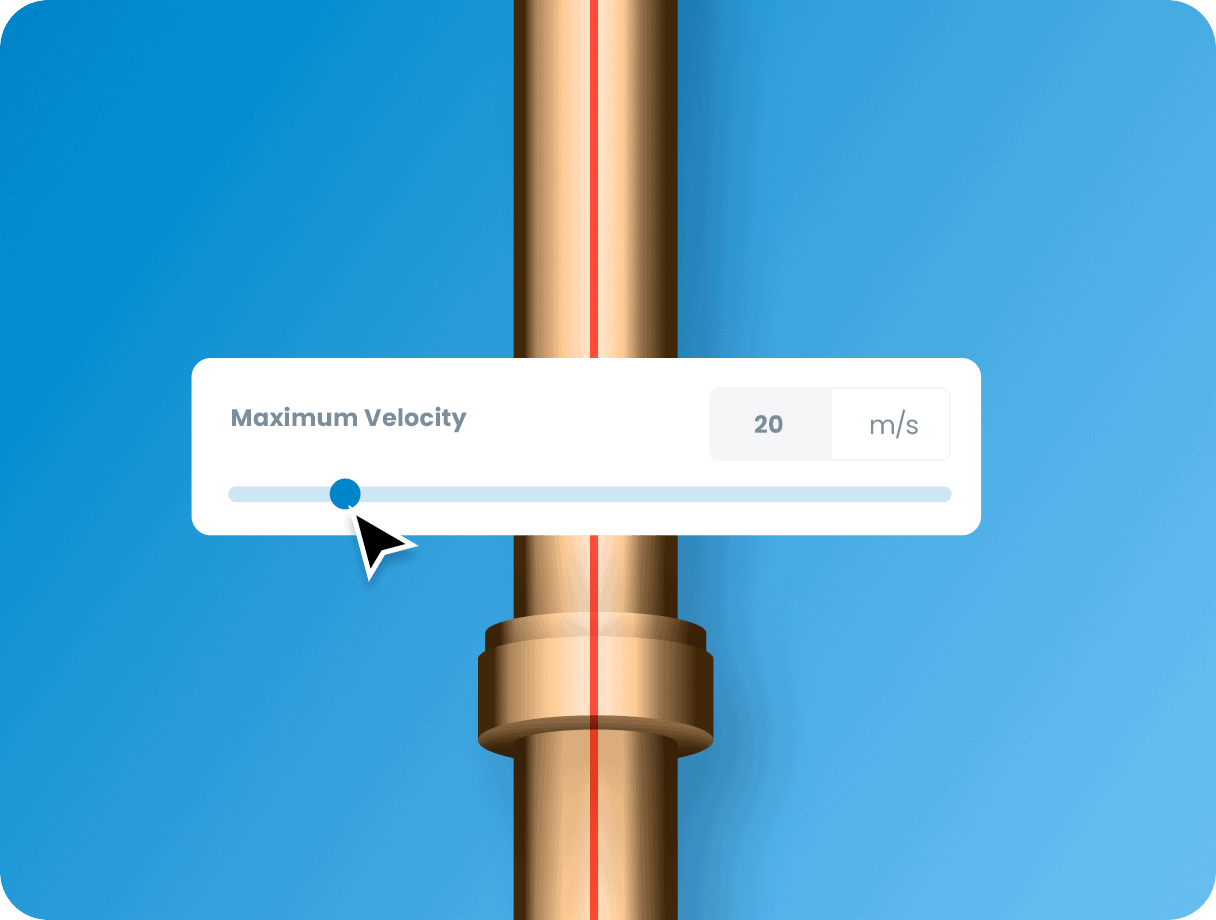
Source Image: h2xengineering.com
Download Image
Types of Flow Meters for Different Applications Engineering Mechanical Engineering Thermodynamics: An Engineering Approach The pressure in a natural gas pipeline is measured by the manometer shown in Fig. P1-67E with one of the arms open to the atmosphere where the local atmospheric pressure is 14.2 psia. Determine the absolute pressure in the pipeline.

Source Image: aswathdamodaran.blogspot.com
Download Image
The Pressure In A Natural Gas Pipeline Is Measured
Engineering Mechanical Engineering Thermodynamics: An Engineering Approach The pressure in a natural gas pipeline is measured by the manometer shown in Fig. P1-67E with one of the arms open to the atmosphere where the local atmospheric pressure is 14.2 psia. Determine the absolute pressure in the pipeline. 1 / 4. Find step-by-step Engineering solutions and your answer to the following textbook question: The pressure in a natural gas pipeline is measured by the manometer shown in G with one of the arms open to the atmosphere where the local atmospheric pressure is 14.2 psia. Determine the absolute pressure in the pipeline..
Musings on Markets: The ESG Movement: The “Goodness” Gravy Train Rolls On!
4/12/2018 1 UNITS OF MEASURE •Inches of water column (“wc) – inches of water column is the traditional method for measuring natural gas or propane. There are 28 inches of water in 1 psi, so it is a fairly small amount of pressure •Pounds per square inch (psi) – used for measuring gas pressure in the distribution system and other areas where pressure exceeds the traditional 7″ WC Pressure gauge to read LNG pressure in a pipe – Measurement & control instrumentation engineering – Eng-Tips

Source Image: eng-tips.com
Download Image
The Importance of Calculating Residual & Static Pressure 4/12/2018 1 UNITS OF MEASURE •Inches of water column (“wc) – inches of water column is the traditional method for measuring natural gas or propane. There are 28 inches of water in 1 psi, so it is a fairly small amount of pressure •Pounds per square inch (psi) – used for measuring gas pressure in the distribution system and other areas where pressure exceeds the traditional 7″ WC
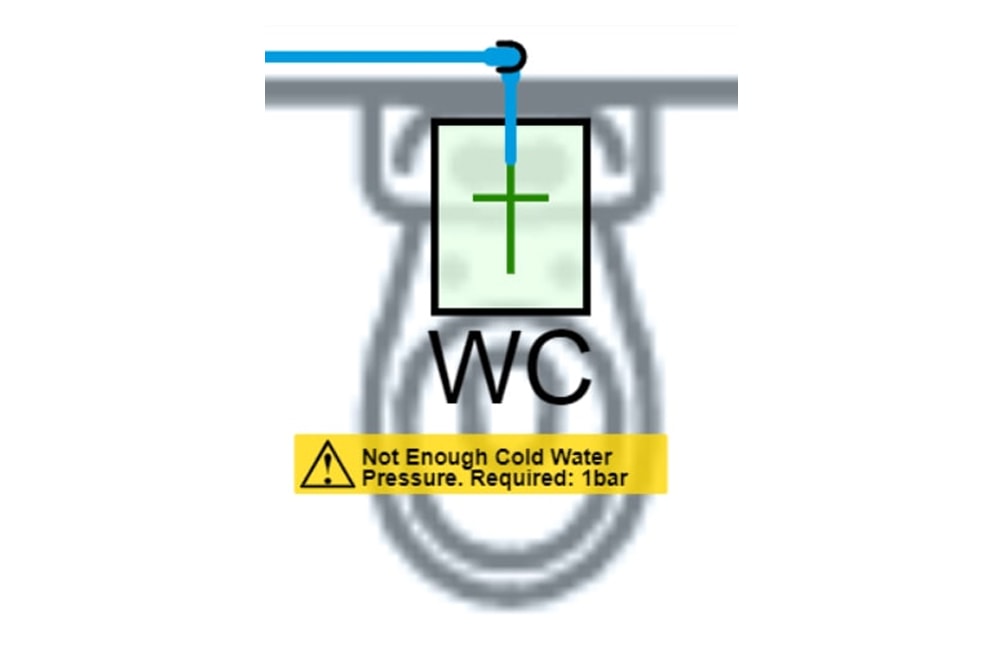
Source Image: h2xengineering.com
Download Image
SOLVED: The pressure in a natural gas pipeline is measured by the manometer shown below. Assume that the local atmospheric pressure is 14.3 psia and the density of water is 62.4 lbm/ft³. Problem 2. (30 points) Use the Homework Solution Format for this problem. The pressure in a natural gas pipeline (Methane) is measured by the manometer shown with one of the legs open to the atmosphere where the local atmospheric pressure is 14.2 psia. Determine the absolute pressure in the pipeline when pressure changes in the gases is neglected.
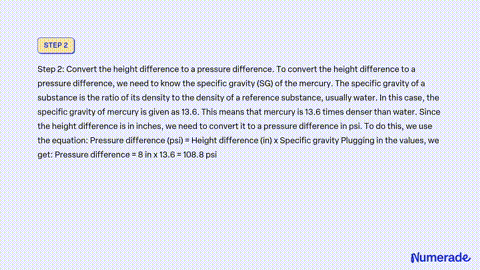
Source Image: numerade.com
Download Image
Types of Flow Meters for Different Applications How Natural Gas Pipelines Work Natural gas is moved through pipelines as a result of a series of compressors creating pressure differen – tials – the gas flows from an area of high pressure to an area of relatively lower pressure. Compressors are powered by electric or natural gas fired engines that compress or squeeze incoming gas and push it
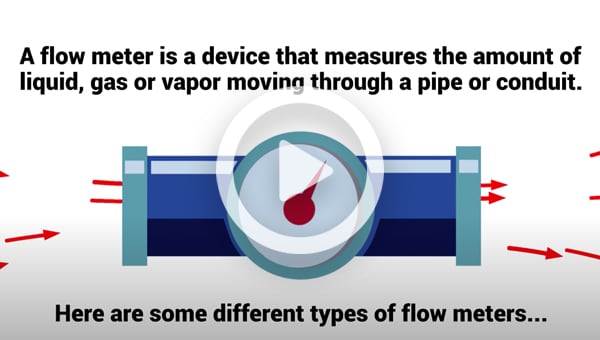
Source Image: omega.com
Download Image
SOLVED: The pressure in a natural gas pipeline is measured by the manometer shown below. Assume that the local atmospheric pressure is 14.3 psia and the density of water is 62.4 lbm/ft³. engineering. The pressure in a natural gas pipeline is measured by the manometer shown in G with one of the arms open to the atmosphere where the local atmospheric pressure is 14.2 psia. Determine the absolute pressure in the pipeline. engineering. A manometer is used to measure the air pressure in a tank. The fluid used has a specific gravity
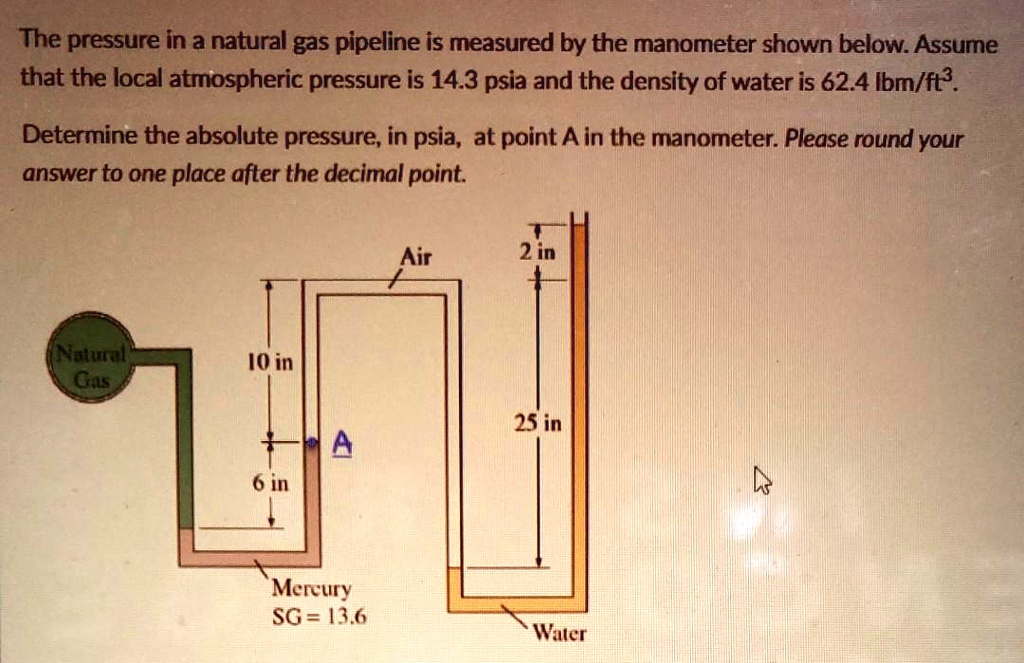
Source Image: numerade.com
Download Image
How to Pressure Test a Gas Line – The Home Depot Engineering Mechanical Engineering Thermodynamics: An Engineering Approach The pressure in a natural gas pipeline is measured by the manometer shown in Fig. P1-67E with one of the arms open to the atmosphere where the local atmospheric pressure is 14.2 psia. Determine the absolute pressure in the pipeline.
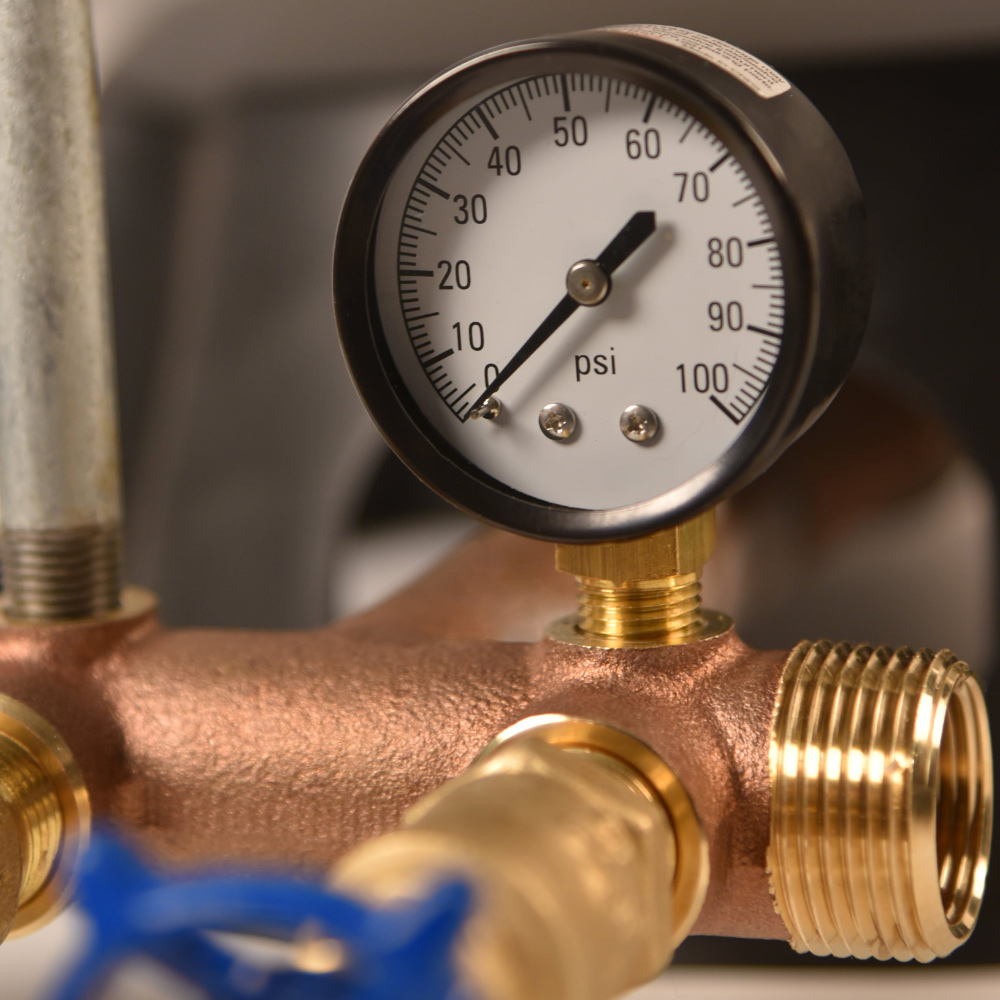
Source Image: homedepot.com
Download Image
How Does A Pressure Transducers Work? – Omega Engineering 1 / 4. Find step-by-step Engineering solutions and your answer to the following textbook question: The pressure in a natural gas pipeline is measured by the manometer shown in G with one of the arms open to the atmosphere where the local atmospheric pressure is 14.2 psia. Determine the absolute pressure in the pipeline..
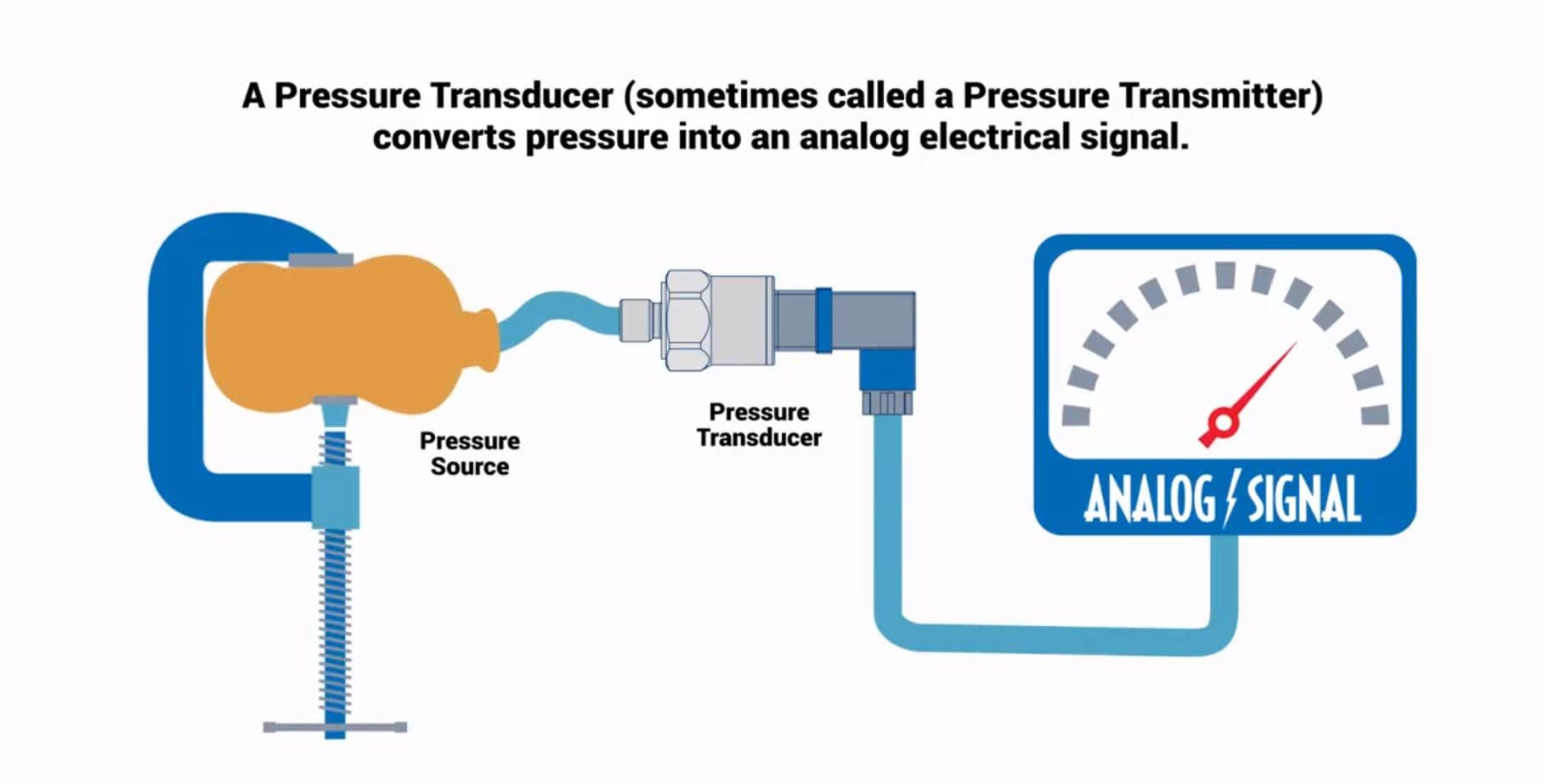
Source Image: omega.com
Download Image
The Importance of Calculating Residual & Static Pressure
How Does A Pressure Transducers Work? – Omega Engineering 1 / 4. Find step-by-step Engineering solutions and your answer to the following textbook question: The pressure in a natural gas pipeline is measured by the manometer shown in the figure with one of the arms open to the atmosphere where the local atmospheric pressure is $14.2$ psia. Find the absolute pressure in the pipeline..
Types of Flow Meters for Different Applications How to Pressure Test a Gas Line – The Home Depot engineering. The pressure in a natural gas pipeline is measured by the manometer shown in G with one of the arms open to the atmosphere where the local atmospheric pressure is 14.2 psia. Determine the absolute pressure in the pipeline. engineering. A manometer is used to measure the air pressure in a tank. The fluid used has a specific gravity